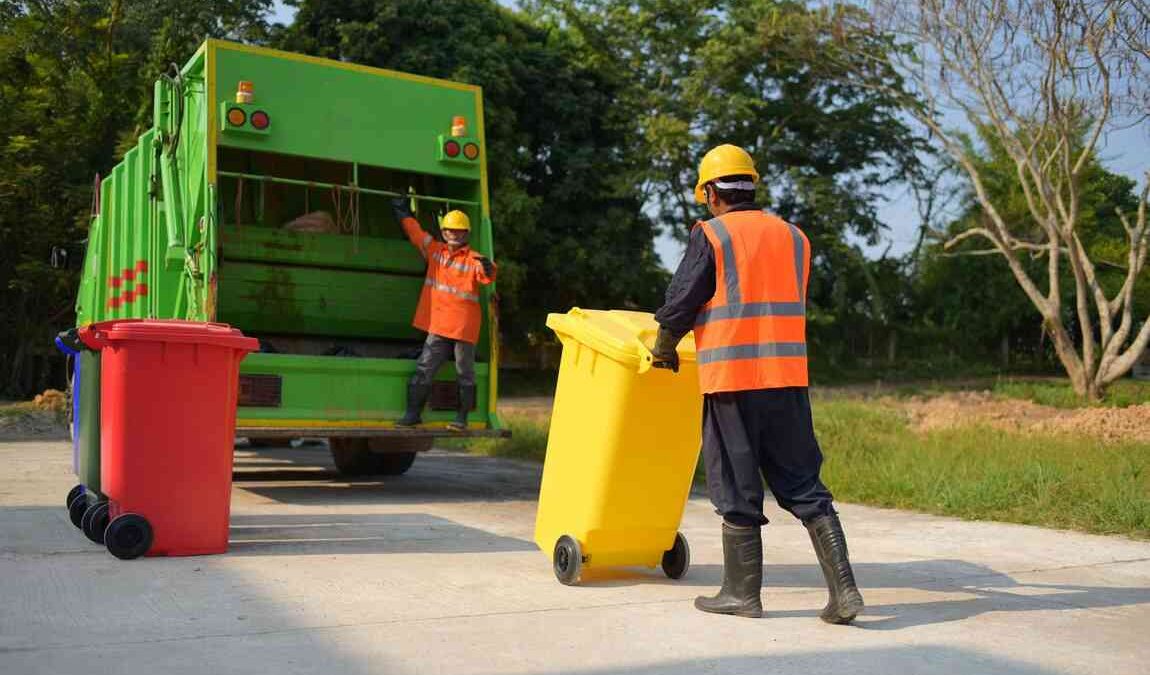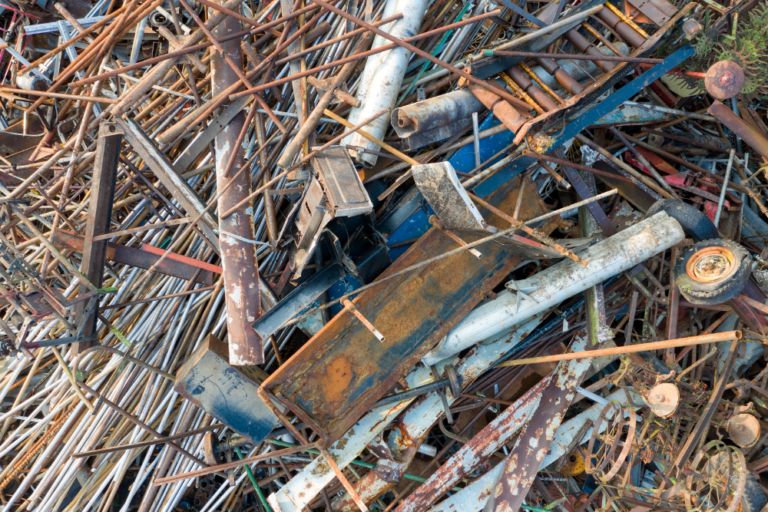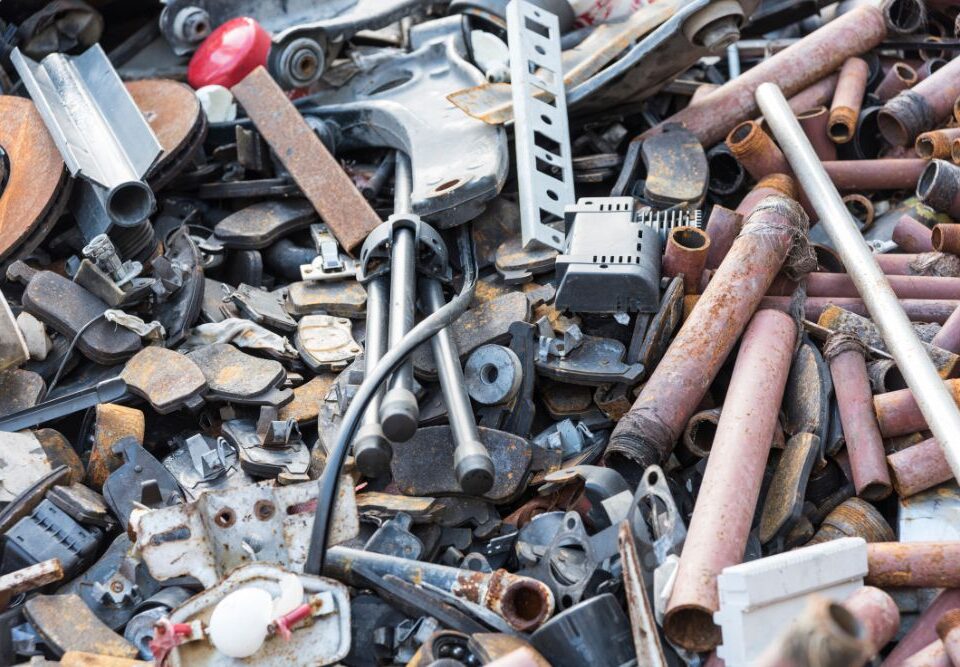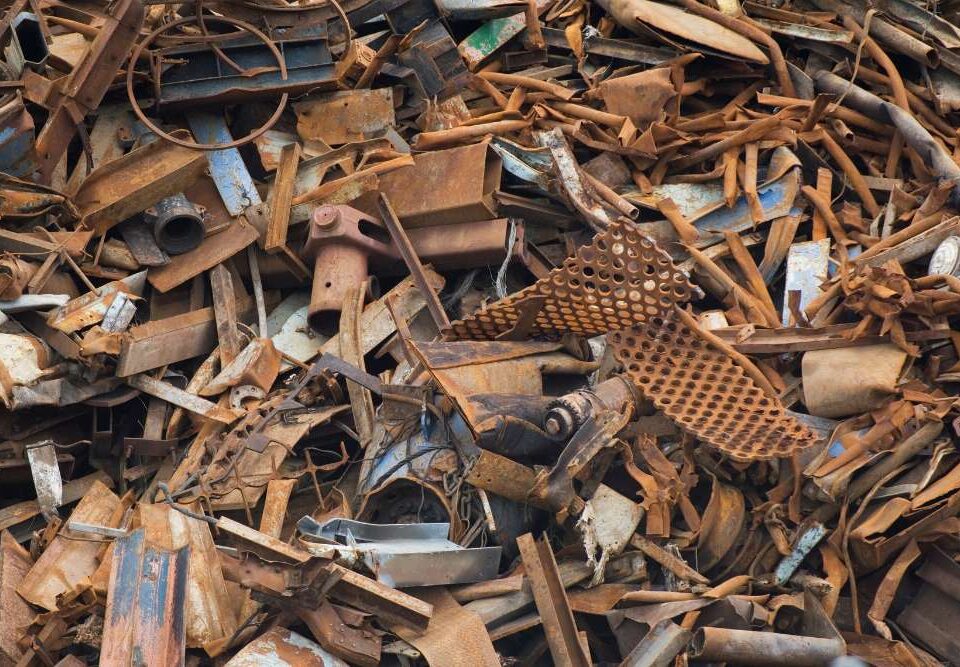
Why Eco-Friendly Junk Removal is Crucial for the Next Generation
September 25, 2025
How to Ensure Proper E-Waste Disposal in Your Business
September 25, 2025The Growing Demand for Sustainable Junk Removal Solutions
In communities across the country, people are becoming more aware of how everyday choices impact the environment. One area gaining attention is junk removal, a service that was once only about clearing space but is now closely tied to sustainability. The growing demand for eco-conscious disposal methods reflects a shift in values, where businesses and homeowners alike want to reduce waste without harming the planet. As landfills reach capacity and environmental regulations tighten, sustainable junk removal solutions are no longer just an option—they are becoming the standard. Companies are adapting to this trend by adopting greener methods that balance efficiency with responsibility.
Changing attitudes toward waste disposal
The perception of waste has shifted dramatically in recent years. People no longer see discarded items as simple trash but as materials that could either harm the planet or be given a second life. This change in attitude is partly due to increased awareness about climate change and the dangers of pollution. As documentaries, news stories, and education campaigns bring these issues into focus, more individuals and organizations are rethinking how they handle unwanted items.
For junk removal companies, this shift has opened doors to new opportunities. Instead of simply hauling everything to a landfill, they are now expected to separate, recycle, or donate items whenever possible. These services appeal to customers who want to declutter responsibly. Changing attitudes toward waste have also encouraged innovations, such as specialized recycling programs and partnerships with local charities, ensuring that what was once waste can often find a new purpose.
Environmental consequences of traditional junk removal
Conventional junk removal methods relied heavily on dumping everything into landfills. While efficient in the short term, this approach created long-term environmental consequences. Landfills release greenhouse gases like methane, a powerful contributor to climate change. Toxic chemicals from electronics, furniture, and construction debris also seep into soil and groundwater, threatening ecosystems and public health.
Today, the cumulative impact of decades of landfill reliance is becoming impossible to ignore. Communities living near these sites often face health risks, while wildlife habitats are disrupted by waste overflow. This growing awareness has fueled demand for alternatives. Sustainable junk removal solutions reduce reliance on landfills by promoting recycling, composting, and donation. By addressing the environmental cost of traditional disposal, these services are helping society move toward a more balanced relationship with the planet, one where junk removal contributes to healing rather than harming the environment.
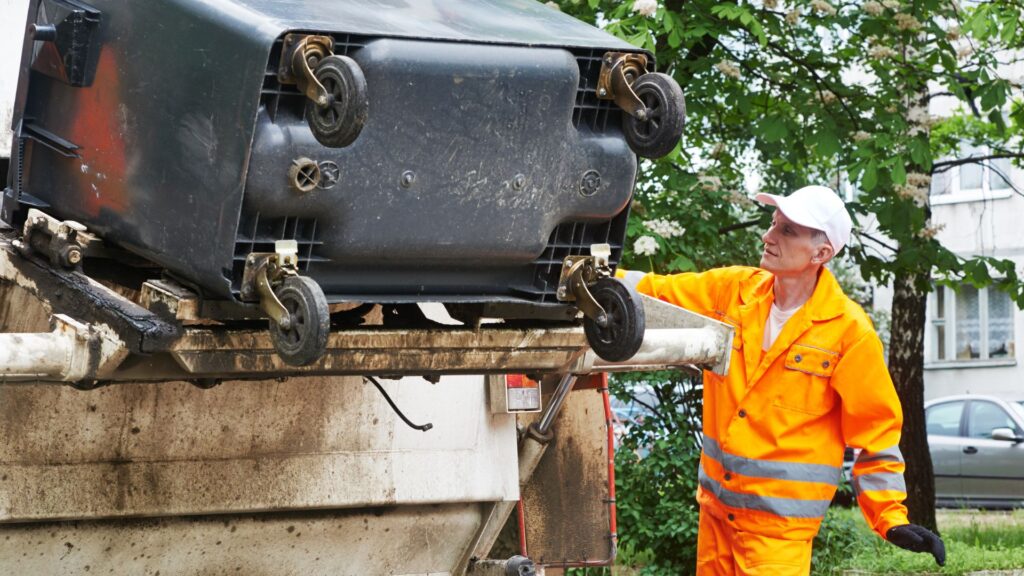
The rise of recycling initiatives in junk removal
Recycling is at the core of sustainable junk removal. Instead of treating all items as waste, professionals carefully separate materials like metal, glass, plastic, and paper for processing. These materials can then be reintroduced into manufacturing, reducing the need for raw resource extraction. Recycling also reduces the overall volume of waste, which eases the burden on overcrowded landfills.
For businesses, recycling initiatives offer both environmental and reputational benefits. Companies that work with junk removal providers prioritizing recycling demonstrate a visible commitment to sustainability. On a practical level, recycling often lowers disposal costs, since recyclable materials can be diverted to specialized facilities rather than expensive landfill sites. The rise of recycling initiatives highlights how sustainable junk removal is not just about ethical responsibility—it is also about creating practical systems that benefit the economy, the environment, and the communities that depend on them.
The role of donation and repurposing programs
Not everything classified as junk is truly waste. Furniture, appliances, and office supplies often retain usability long after their first owner no longer needs them. Sustainable junk removal services increasingly partner with charities, shelters, and nonprofit organizations to repurpose these items. Donation programs extend the lifespan of goods while providing much-needed resources to people in need.
Repurposing also reduces the demand for manufacturing new products, cutting down on resource extraction and energy consumption. For businesses, donating usable equipment or furnishings not only keeps waste out of landfills but also demonstrates social responsibility. Households also find comfort in knowing their unwanted items may benefit others rather than contribute to environmental harm. These donation and repurposing programs create a win-win scenario—diverting waste while supporting community initiatives that bring positive social impact.
How businesses benefit from sustainable junk removal
For businesses, adopting sustainable junk removal practices is more than an environmental gesture—it can also be a strategic decision. Many organizations face pressure from customers, investors, and regulators to demonstrate eco-friendly practices. Working with a junk removal company that prioritizes sustainability helps businesses meet these expectations while enhancing their brand reputation.
Cost savings also play a role. Landfill fees can be significant, especially for businesses that generate large amounts of waste. Sustainable solutions that emphasize recycling and donations can help reduce these costs. Furthermore, integrating sustainable junk removal into company policy can strengthen employee morale, as workers often prefer being part of an organization that values environmental responsibility. By aligning junk removal with broader sustainability goals, businesses not only improve operational efficiency but also create a long-term advantage in an increasingly eco-conscious marketplace.
Residential demand for greener junk removal services
Homeowners are equally invested in the move toward sustainable junk removal. As individuals downsize, renovate, or clear out old belongings, many are seeking options that minimize environmental harm. Families want assurance that their discarded items won’t simply end up polluting a landfill. This has led to increased demand for providers that prioritize recycling, repurposing, and eco-conscious disposal.
Residential customers are often motivated by a mix of environmental values and practical concerns. Some prefer services that will sort through items, separating recyclables from true waste, while others appreciate companies that donate usable items to local organizations. The rise of residential demand has encouraged junk removal businesses to expand their offerings, providing flexible solutions that align with household priorities.
Innovations driving sustainable junk removal solutions
Technology is playing an important role in shaping the future of junk removal. Innovative tools and methods now make it easier to track, sort, and recycle waste more effectively. For example, digital platforms allow customers to schedule pickups, track the journey of their items, and confirm that materials were recycled or donated. This transparency builds trust and strengthens accountability in the industry.
Other innovations include specialized recycling techniques for complex materials like electronics, mattresses, and construction debris. These methods ensure that valuable components are recovered while hazardous substances are safely managed. Junk removal companies are also investing in fuel-efficient vehicles and eco-friendly equipment to further reduce their carbon footprint. Innovations like these are not only meeting current demand but also setting new standards for how the industry operates, proving that sustainability and efficiency can work hand in hand.
The connection between sustainability and community impact
Sustainable junk removal does more than reduce waste—it strengthens communities. Donation programs supply furniture to families in need, while recycling initiatives help conserve resources for future generations. Local partnerships with charities and nonprofits ensure that discarded items find their way into the hands of those who can use them most. This creates a cycle where waste reduction directly supports social well-being.
For communities, the benefits are tangible. Fewer items in landfills mean cleaner neighborhoods and healthier ecosystems. At the same time, social programs gain vital resources. Junk removal companies that embrace sustainability play a direct role in building stronger, more resilient communities. Their work reflects a deeper understanding that sustainability is not just about protecting the environment—it is also about creating systems that uplift people, promote fairness, and improve overall quality of life for everyone involved.
The economic case for sustainable junk removal
Sustainability is often viewed as an ethical responsibility, but it also makes strong economic sense. Recycling materials creates jobs in processing and manufacturing, while donation programs reduce community costs by providing goods for free. Businesses that adopt sustainable junk removal can save on landfill fees and improve efficiency by reducing waste management costs. These financial benefits demonstrate that eco-friendly solutions can be both practical and profitable.
In the long term, the economic case becomes even clearer. As resources grow scarcer, the value of reclaimed materials increases. Companies that establish recycling and repurposing systems today will be better prepared for future shifts in resource availability and regulations. Sustainable junk removal, therefore, is not only an environmentally responsible choice but also a smart financial strategy.
The future outlook for sustainable junk removal
The future of junk removal lies firmly in sustainability. As consumer demand continues to grow, companies that fail to adapt may struggle to remain competitive. Those that embrace eco-friendly methods, however, will be well-positioned to thrive. Governments are also pushing the industry in this direction by tightening environmental regulations and offering incentives for recycling and reuse.
Looking ahead, we can expect continued innovation in sorting technology, recycling techniques, and data-driven transparency. Customers will likely demand more visibility into how their items are processed, while businesses will expect junk removal services to align with broader sustainability goals. The growing demand for sustainable junk removal is not a passing trend—it represents a lasting shift toward responsibility, efficiency, and environmental care.
Conclusion
The shift toward sustainable junk removal reflects a deeper change in how society views waste. No longer is junk seen as something to hide away in landfills—it is now understood as a resource that can be recycled, repurposed, or redirected to support communities. This transformation is being driven by environmental awareness, regulatory pressures, and the desire for businesses and households to act responsibly. Professional junk removal services make this transition possible by offering expertise, innovation, and eco-conscious solutions that meet modern demands. For those seeking reliable support, North Bay Junk Removal in Santa Rosa, CA, provides a trusted option. With a strong focus on recycling, donation, and efficient disposal, their team ensures that sustainability is at the heart of every service. Call 707-478-6817 today to schedule junk removal and discover how responsible practices can help protect the environment while bringing peace of mind.

